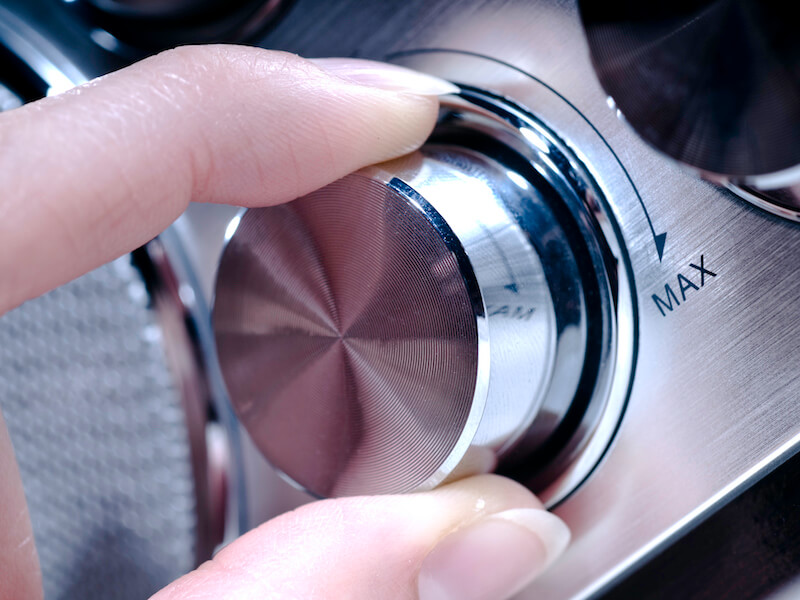
In some cases, it’s easy to identify when you need medical advice. You know you need to go see a doctor right away if you break your leg, for instance. You could need a splint or a cast or supportive device, but the point is that you’re not likely to try “toughing it out”. At least, not for very long (especially if you want your bones to repair themselves correctly).
But in terms of hearing aids, it isn’t always so easy to identify when it’s time to get some assistance. Hearing loss is usually a developing condition. This means it isn’t always easy to know when you might need to start using hearing aids or to put off finding treatment you know could be helpful.
That’s why it’s a good plan to watch out for some specific signposts that you might be losing your ability to communicate. It’s likely time to call us for a consultation if you do notice any.
Hearing loss and hearing aids
Hearing loss is primarily treated with hearing aids. But everyone who has some degree of hearing loss won’t necessarily need hearing aids. In situations where patients have very minor hearing loss, hearing aids won’t always be practical. Because of this, we may want you to wait before beginning to use them. Likewise, you may be directed to wear hearing aids only in certain situations.
In other words, the threshold for requiring hearing aids isn’t always a diagnosis of hearing loss.
However, hearing aids will be the ideal option in many circumstances. Because hearing loss can be a sneaky and gradual condition, many people don’t receive a diagnosis until there’s been considerable damage. But if you come in to see us regularly, you might be able to catch your hearing loss early, and, because of this, you may not need hearing aids immediately.
So how will you know if you have hearing loss?
You need hearing aids if you experience these indicators
Instant communication challenges can be the consequence of hearing loss. But lots of times you don’t even comprehend that hearing loss is the reason for those communication problems. So, when is it time for a hearing aid?
Watch out for these indicators:
- You have a difficult time hearing conversations in noisy places: This is probably one of the most common symptoms of hearing loss. If you have a hard time hearing conversations in loud places, that’s usually a sure sign that you have hearing loss. That’s because your brain has trouble filling in the missing information that you lose when you have hearing impairment. A lot of conversations get muffled because of this.
- You have trouble understanding what people are saying: Many people don’t think they have hearing loss or need hearing aids because the total volume they perceive seems fine. But hearing loss is funny, it tends to impact specific frequencies before others. Because of this, things like vowel sounds in the higher register can sound distorted. This could cause you to have a hard time making out what people are saying.
- You’re unable to understand people on the phone: Voices usually sound a little flat on even high-quality phone speakers. If you have hearing loss, this can make it even more challenging to understand conversations. Once again, certain frequencies are cut out and the outcome is that it’s very hard to understand those voices.
- The volume on your devices is becoming very loud: If you’re constantly turning the volume up on your television or radio or smartphone, it might be because of hearing loss. This is especially true if you keep turning that volume knob higher (and even more especially true if the people around you complain about how loud your media is).
So what should you do?
When you break a bone, it’s obvious what to do: you go to the doctor! But what do you do when you start to detect the symptoms of hearing loss? How bad does hearing loss have to be to require a hearing aid? Well, that’s hard to answer, but when you begin noticing these symptoms, it’s a good plan to schedule an appointment with us. We’ll be able to evaluate the health of your hearing and find out just how serious your hearing loss may or may not be.
A hearing screening will also help you get the most effective hearing aids for your needs if you do indeed need hearing aids. This means you’ll be able to get back to communicating with your friends and loved ones, you’ll understand your grandkids when they call you on the phone, your co-workers at your morning meeting, and your friends at happy hour.
Call us for a hearing test so we can help you improve your quality of life.